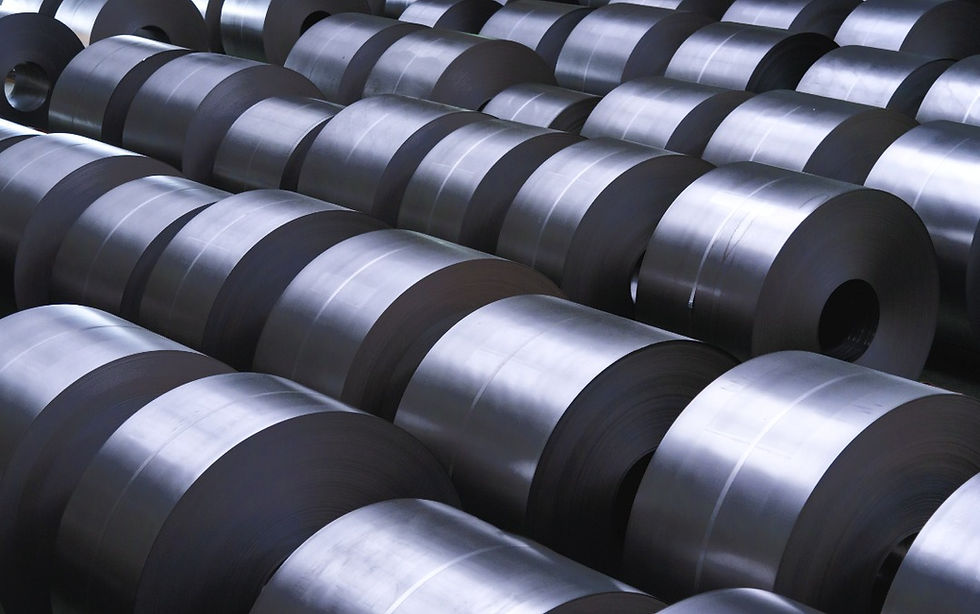Is Drone Inspection the Future of Boiler Maintenance in Steel Plants?
- Team Volar Alta

- Mar 15, 2024
- 2 min read
Updated: Sep 28, 2024
Introduction:
This case study demonstrates the successful application of drone technology for confined space inspection in a steel plant boiler. Traditional methods for boiler inspections often present challenges, including safety risks, limited access, and time constraints. Volar Alta's drone solutions addressed these concerns, offering a safer, faster, and more comprehensive inspection process.

Problem Description:
Accessibility: Boilers in steel plants contain intricate internal components such as burners and tubes, making traditional inspection methods cumbersome and inefficient.
Environmental Challenges: Dusty and dimly lit environments within boilers hamper visual inspections and pose risks to human inspectors.
Contamination: Bed materials on the ground and water contamination further complicate inspections, potentially hindering the identification of critical issues.
Safety Risks: Hazardous deposits accumulate on furnace tops, posing risks for human entry and inspection.
Drone Solution Description:
Volar Alta's drones equipped with high-resolution cameras and specialized lighting were deployed to conduct a thorough inspection of the boiler, focusing on the following aspects:
Internal Component Inspection: Drones were equipped with high-resolution cameras to examine tubes, burners, and other internal components for signs of wear, corrosion, or damage.
Soot and Deposit Accumulation: Specialized sensors and imaging technology enabled drones to identify areas with excessive soot or deposit buildup, which could impact efficiency and performance.
Insulation and Refractory Condition: Thermal imaging cameras were utilized to assess the condition of insulation and refractory materials, ensuring they were intact and effectively maintaining heat.
Structural Integrity: Drones conducted thorough inspections of the boiler's external and internal structure, detecting any issues that might compromise safety or functionality.
Further Observations/Findings:
Comprehensive Coverage: Drones provided access to confined spaces within the boiler, enabling comprehensive inspections of areas that were difficult or impossible to reach by humans. This ensured that no defects were missed during the assessment.
Faster Inspection Times: Compared to traditional methods, drone inspections significantly reduced inspection times, minimizing downtime and increasing productivity within the steel plant.
Digital Record Keeping: Inspection data captured by drones was stored digitally, providing a valuable archive for trend analysis, compliance verification, and historical reference. This digital record-keeping system enhanced Volar Alta's ability to monitor boiler condition over time and make informed maintenance decisions.

Conclusion:
The implementation of confined space drone inspection technology by Volar Alta revolutionized boiler inspections within the steel plants of the company. By overcoming accessibility challenges, improving inspection efficiency, and enhancing data management capabilities, this innovative solution not only increased safety and productivity but also ensured the reliability and longevity of critical industrial assets.
With its game-changing drone technology, Volar Alta demonstrated its commitment to delivering cutting-edge solutions that meet the evolving needs of the industries while prioritizing safety, efficiency, and sustainability.



Comments